11 Mistakes to Avoid When Collecting Rare Sports Cards
Collecting rare sports cards is a rewarding hobby, but it comes with its fair share of challenges. Many collectors make simple mistakes that can hurt their collections. Understanding the basics of proper care, authentication, and buying strategies can make all the difference. By recognizing these common mistakes, you can build a stronger, more valuable collection. Let’s explore how to steer clear of these errors and keep your cards in top condition.
This post may contain affiliate links, which helps keep this content free. Please read our disclosure for more info.
Neglecting Card Storage
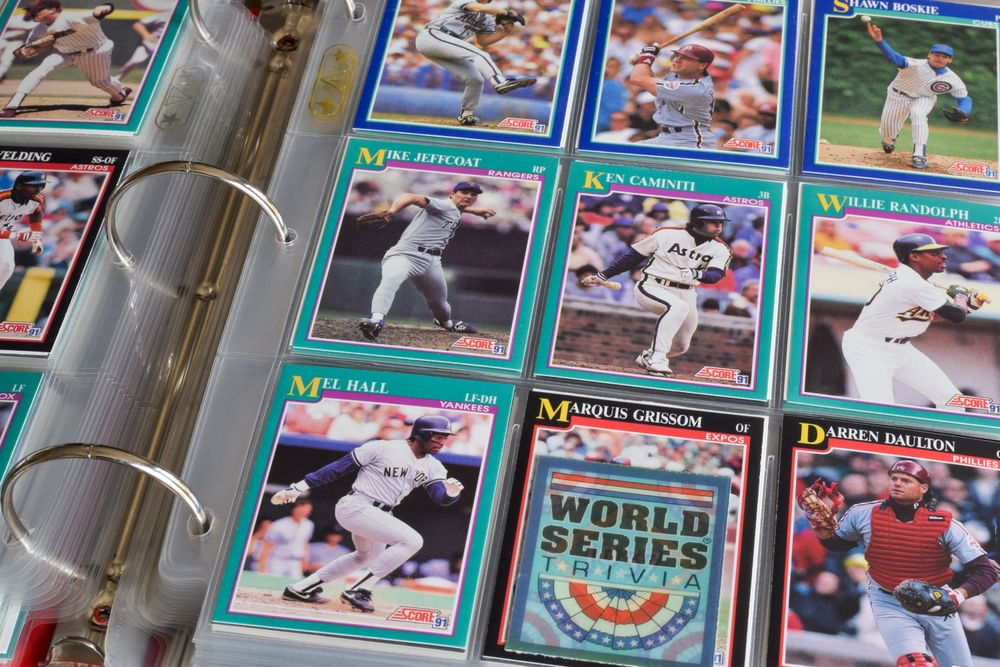
Proper storage is critical when collecting rare sports cards. Storing cards improperly can cause damage from humidity, sunlight, or physical pressure. It is important to use acid-free sleeves and rigid holders to protect your cards from bends, creases, or fading. Consider investing in a climate-controlled space to prevent moisture or extreme temperatures from harming your collection.
Another mistake is storing cards loosely or stacked without protection. This can lead to cards rubbing against each other, causing scratches or other forms of damage. By using proper storage methods, you can ensure that your cards stay in top condition for years. Remember, good storage habits are a key part of maintaining the value of your collection.
Ignoring Authentication
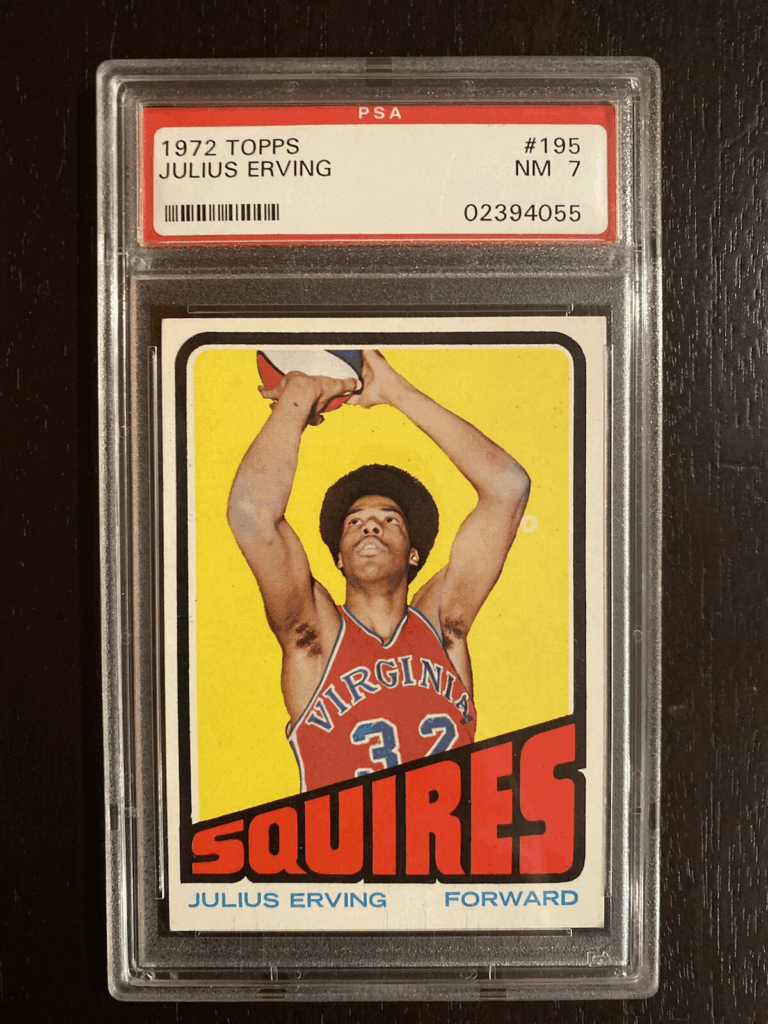
When collecting rare sports cards, authenticity is everything. A common mistake is purchasing cards without verifying their legitimacy, which can lead to investing in fakes. Always seek reputable sources or third-party authentication services to confirm that the card is genuine. This step is essential, especially for high-value items where forgeries are more common.
Relying on unverified sellers or auctions can expose you to risks. It is better to spend a little more on authenticated cards than to regret it later. Third-party grading and certification help ensure the card’s condition and authenticity, which can significantly affect its value. Authentication is one step you should never skip in the collecting process.
Not Researching Market Values
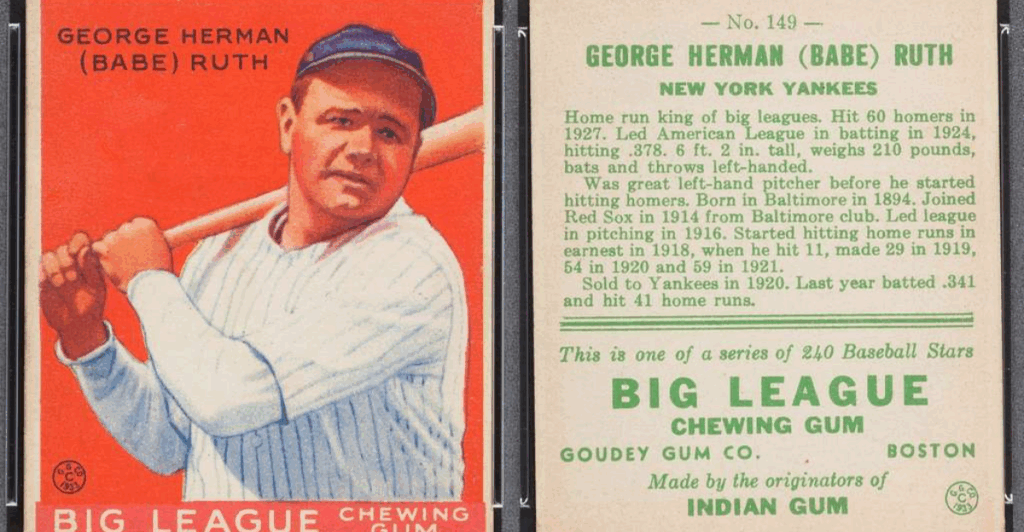
Rare sports cards can fluctuate in value over time, so understanding the market is important. Many collectors make the mistake of purchasing a card without researching its current value. Card prices can be affected by player performance, rarity, and condition, so it is essential to stay informed about trends. Resources like price guides, auction results, and expert opinions can help guide your decisions.
It is also crucial to recognize that the market for sports cards can be unpredictable. A card that seems like a good deal today might lose value tomorrow. Before buying or selling, take time to compare prices and understand the trends. This research can save you from making costly mistakes.
Focusing Too Much on Condition
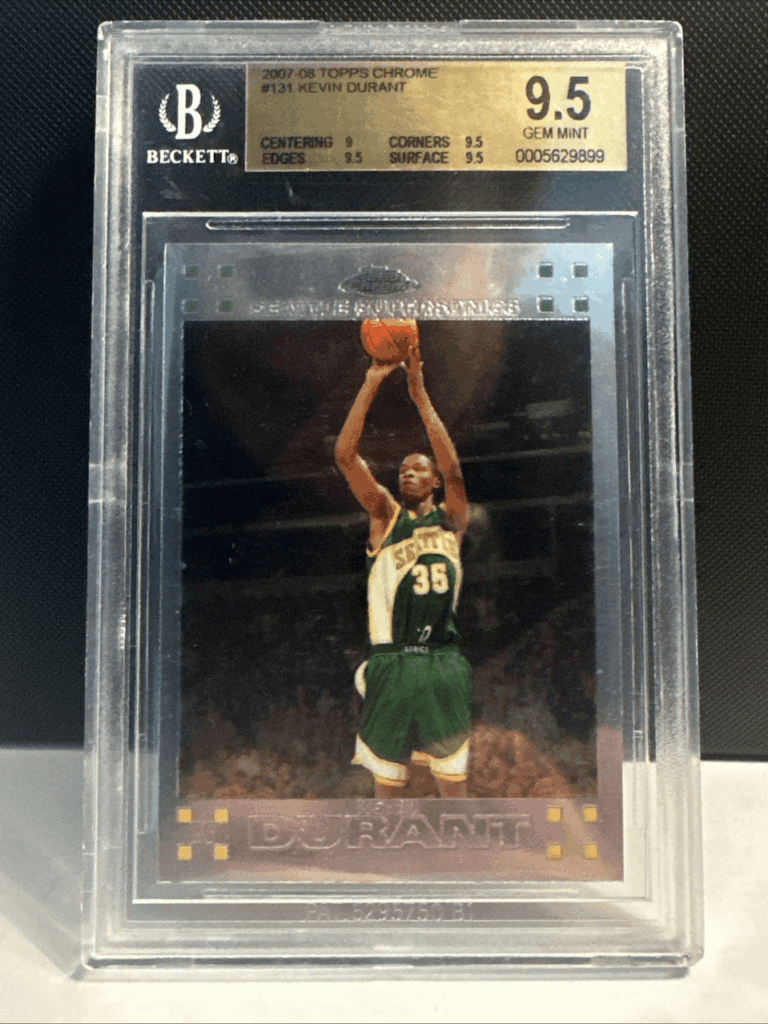
While condition is important, some collectors make the mistake of focusing solely on it. Cards in mint condition are desirable, but not every rare card is going to be flawless. Sometimes, the historical significance or player association of a card can outweigh its physical condition. A card from a significant event or a legendary player can still be valuable even with some wear.
In addition, a card’s condition can vary based on how it has been stored or maintained over time. Rather than disregarding cards with minor flaws, consider their overall value in context. It is important to balance condition with other factors, like rarity and historical relevance. This perspective can help prevent overly narrow evaluations of a card’s worth.
Buying Without Considering Authenticity of Signatures
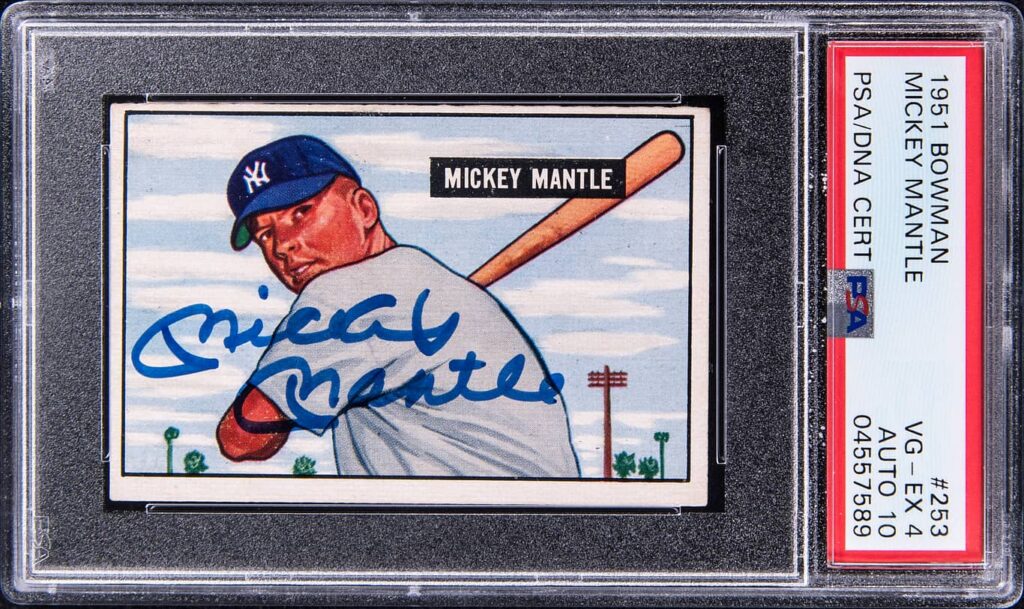
When purchasing autographed sports cards, it is essential to verify the signature. A common mistake is assuming that a signature is authentic just because it appears real. Many collectors fall victim to forgeries or signatures that were added after production. Always confirm that the signature is genuine through authentication services or trusted experts.
Additionally, some cards feature signatures that are part of limited editions, adding to their value. If the signature is on a card with a unique connection to the player or event, it can significantly impact its worth. Failing to check the authenticity of the signature can leave you with an item that holds little value. Verify the signature before buying or selling.
Not Understanding Grading Systems
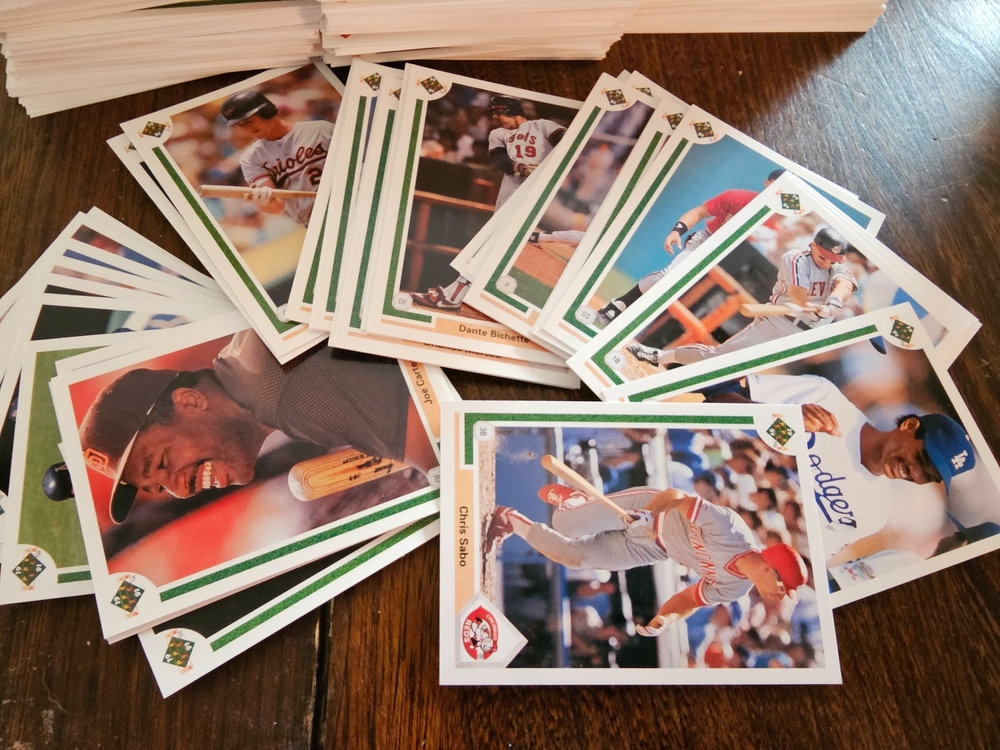
Card grading is one of the most important aspects of collecting rare sports cards. Many collectors overlook the significance of grading and buy cards without knowing their grades. Grading determines a card’s condition and plays a crucial role in its market value. Understanding how the grading system works will help you make better purchasing decisions.
It is also important to choose the right grading service. Some companies are more reputable than others, and their grades are more widely accepted in the market. Always check the grade before buying and be aware that even small differences in grades can affect a card’s price. A card graded lower than expected may be worth much less than you anticipate.
Overpaying for Hype
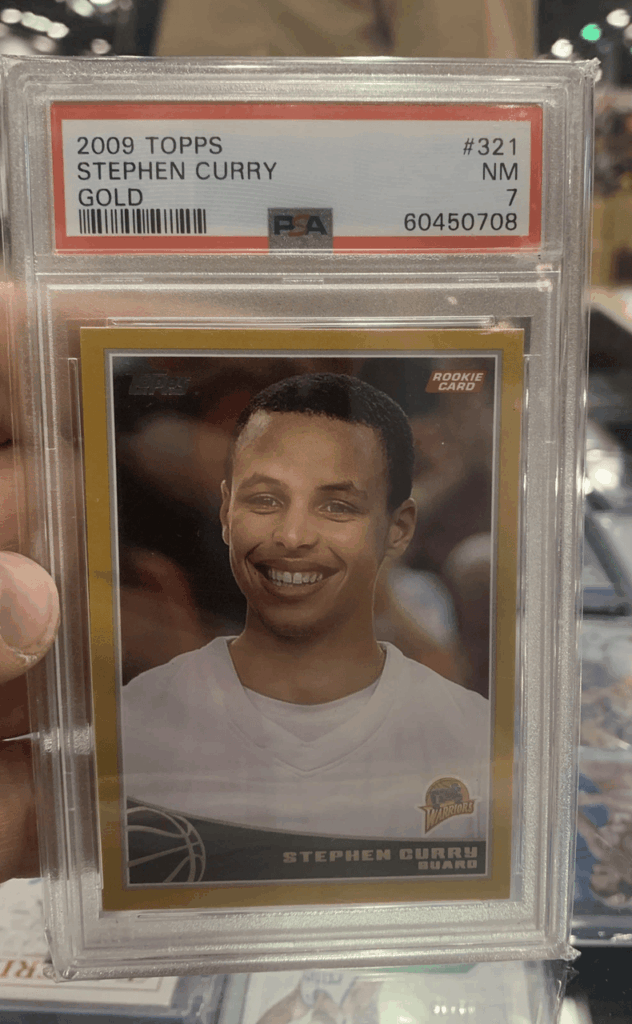
The market for rare sports cards can be driven by trends, and collectors often fall into the trap of overpaying for hyped-up cards. A popular player or recent performance surge might make certain cards temporarily expensive. However, these prices can drop once the hype fades. Do not let short-term excitement influence your buying decisions.
It is important to evaluate the card’s long-term value rather than basing purchases on momentary trends. If a card’s price is inflated by hype, there is a risk that it may not hold its value. Make sure to weigh the player’s legacy and overall market trends before investing. Staying patient and focused on the big picture can help you avoid overpaying.
Rushing Into Sales
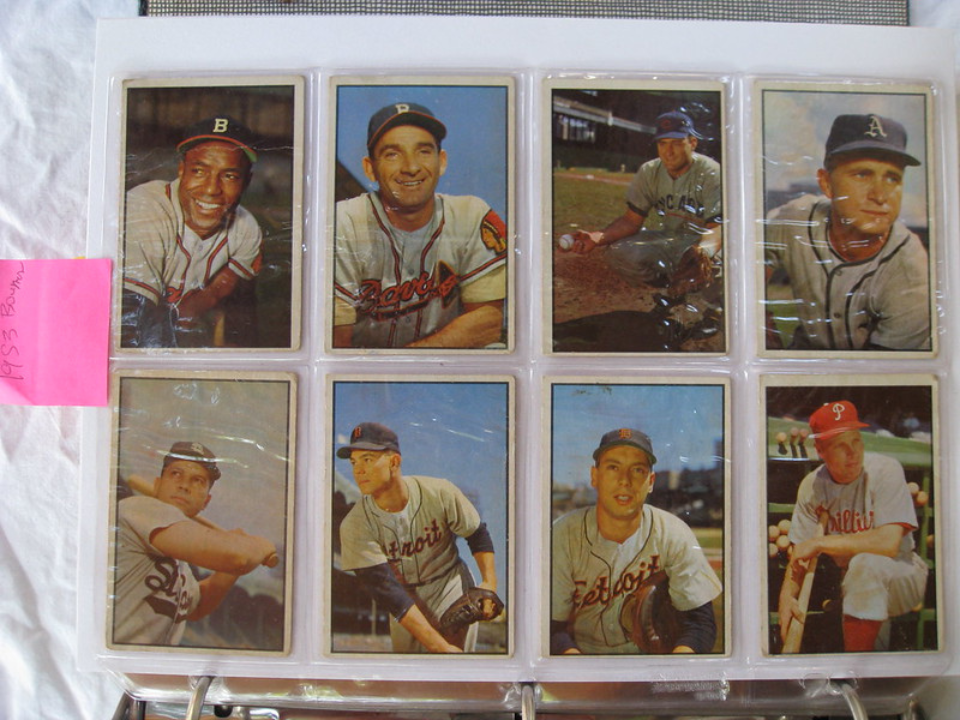
When it comes time to sell a rare sports card, many collectors rush into the process without fully considering their options. Rushing can lead to selling a card at a lower price or choosing the wrong platform. It is important to research the best places to sell, whether through auctions, dealers, or private sales. Some platforms offer higher returns depending on the market conditions.
Timing can also play a crucial role in determining when to sell. If you sell too soon or without proper research, you may miss out on a higher price later. Be patient and consider all your options before making a sale. Taking the time to understand the market can help you get the best value for your card.
Not Having a Clear Collecting Strategy
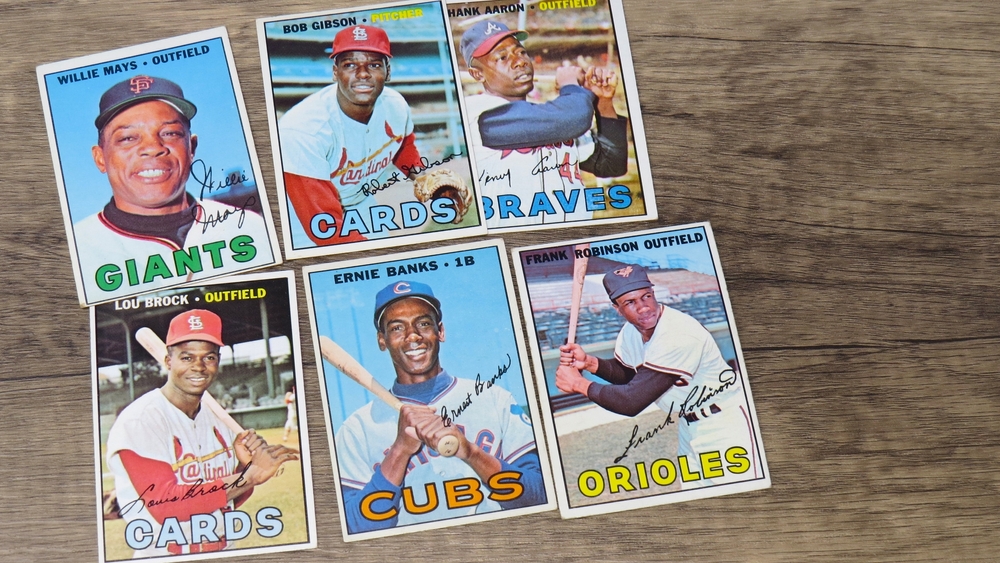
Collecting sports cards can be overwhelming if you do not have a clear plan or strategy. Many collectors get caught up in acquiring cards without considering their overall goals. Whether you are collecting for investment purposes or personal enjoyment, it is important to define your objectives. A strategy will help you focus on what truly matters and avoid impulsive purchases.
Deciding what types of cards to focus on, such as rookie cards, signed items, or vintage gems, will help you build a collection that reflects your interests. It is also important to set a budget and stick to it. A clear plan will help guide your purchases and ensure that your collection aligns with your goals.
Overlooking Player Significance
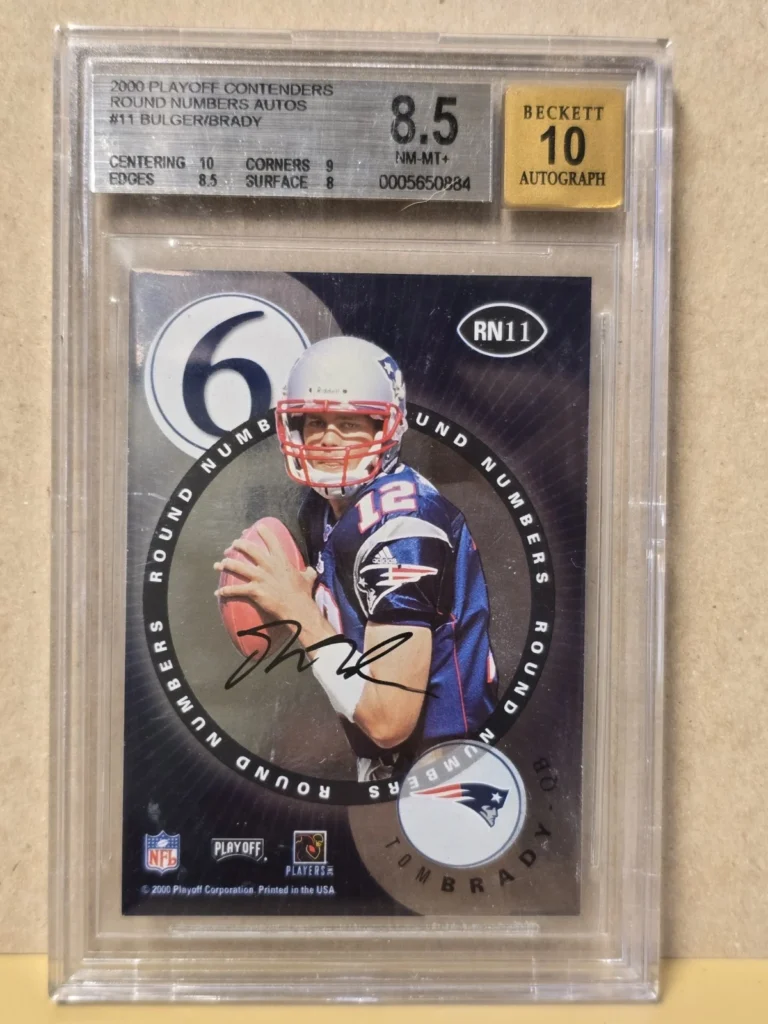
When collecting rare sports cards, many collectors mistakenly focus solely on the card itself, rather than considering the significance of the player. A card from a lesser-known player may not hold much value, even if it is in perfect condition. Cards connected to legendary athletes or memorable moments in sports history tend to be the most valuable. Understanding the player’s impact and legacy can help you make informed collecting decisions.
Take the time to research the players behind the cards you are purchasing. Their contributions to their sport or iconic moments can significantly affect the card’s worth. Cards tied to historic players or major achievements often appreciate in value over time. Keep player significance in mind to ensure that your collection has lasting value.
Not Factoring in Rarity
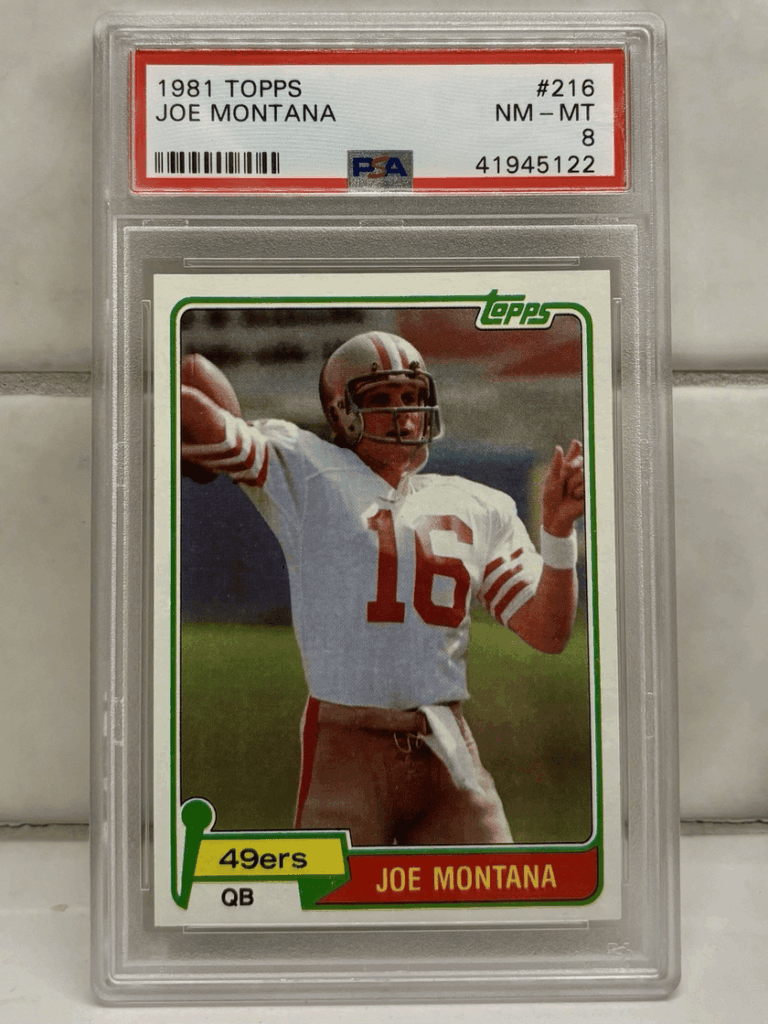
The rarity of a card is a key factor in its value. Many collectors make the mistake of overestimating the value of a card simply because it is old or in good condition. Rare cards are valuable not only because of their age, but also due to the limited number that exist. The fewer the cards, the higher the demand.
Before purchasing a card, investigate how many copies were made and whether it is part of a limited release. Some cards are printed in large quantities, making them less valuable. Rare cards, especially those from limited series or events, tend to be much more sought after. Always take rarity into account when determining a card’s worth.
This article originally appeared on Avocadu.
